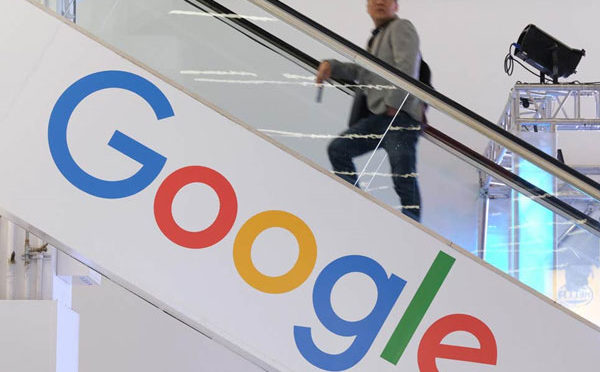The Google Ban on Political Advertisements in Singapore
Posted on : December 23, 2019Author : AGA Admin

On 2nd December, Google announced officially that it would not allow any political party, forum or platform to advertise for their campaign or propaganda on its website. This came as a shocking news to many of Singapore’s opposition parties. This comes at a very prudent time as Singapore’s next election is supposed to be held on 2021 but may as well be conducted in 2020.
Singapore at the moment has very few opposition parties that exist – Singapore Democratic Party (SDP) being one of them. The Chairman of SDP, Paul Tambyah stated that the ban would deprive the citizens from becoming aware of the country’s present political scenario. The Internet and social media were being looked at as one of the main forms of media that would reach out to a wide number of prospective voters and spread news and information to them especially about the alternative political parties.
SDP first faced this issue when they tried to purchase advertisements on Google platforms for their political campaign and were denied. In response, Google cited the POFMA (Protection from Online Falsehoods and Manipulation Act) as passed by the Singapore government in October.
The POFMA was enacted by the Singaporean Government as a sort of prevention against “Fake News” or any kind of news that would go against public interest (as deemed appropriate by the state) on social media. The effects of this Act were clearly seen when Facebook had to correct a certain post and point out explicitly that it was false according to the standards set by the state.
The internet is already a heavily contested terrain in Singapore as it is closely monitored and controlled by the state and state-linked media outlets dominate the scene. In such a scenario, this step by Google has generated criticism by many in Singapore.
This also points towards a greater threat to freedom of expression and Singapore is not the first to see such bans by Google. It has previously meted out the same bans on political campaigning or advertising in Canada and Taiwan. Google has also announced restrictions in its policies globally.
The effect of social media on elections became particularly well known after it was revealed that Cambridge Analytica gathered considerable information about prospective voters from their Facebook profile and thus could lead to the formation of certain target groups who could be persuaded or swayed in order to win the election. Big Data on social media and the internet then becomes an extremely crucial factor to monitor.
While popular websites like Facebook, Twitter and search engine like Google definitely hold the power to subtly persuade people by feeding them information (which may or may not be factually correct) – it would not do for them to become absolutely apolitical in a sense that allows no political information to be exchanged or controversial opinions to be published.
Instead of disallowing political campaign and advertisements entirely, what these websites could do to live up to their reputation of being social media “giants” is to form committees that would neutrally fact check such political overtures from political parties. Instead of being silent and avoiding their immense power of outreach and visibility, it is time these websites come to a more sustainable solution where they do not silently support authoritarian governments and also give a voice to the minority, the unheard and the unrepresented – however controversial or anti-state they may be.
Sukanya Bhattacharya
(Intern, AGA)





Leave a Reply